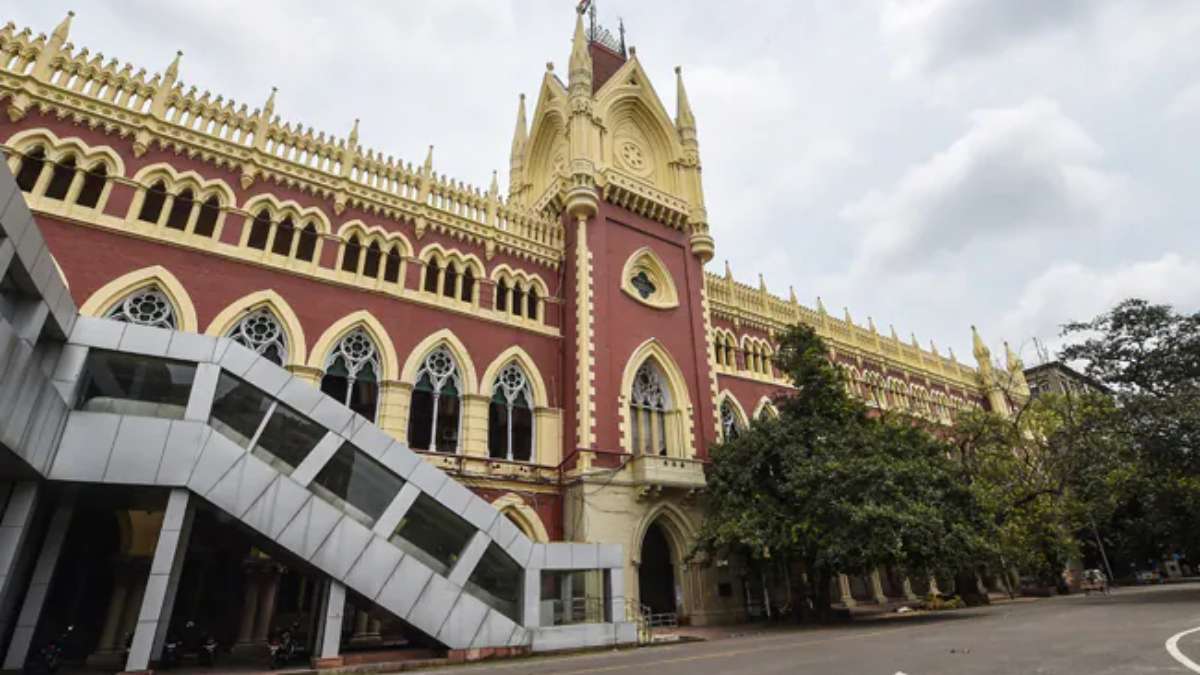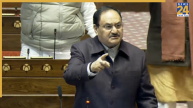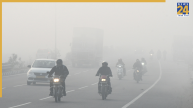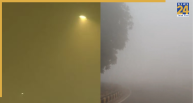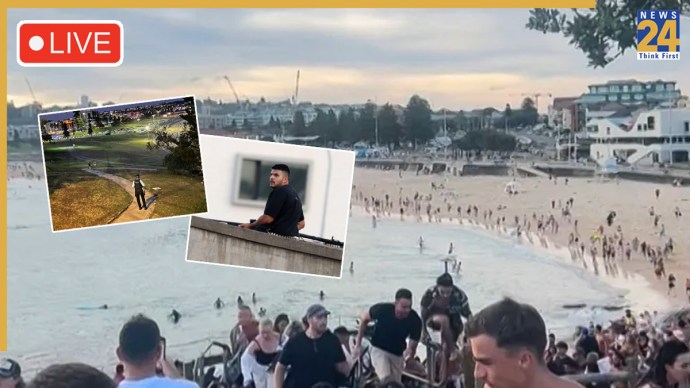Kolkata Rape-Murder Case: The Calcutta High Court directed the release of Sayan Lahiri, a student alleged to be a leader of the ‘Paschim Banga Chhatra Samaj’, On August 30, 2024, a group that organized protests and a march towards the State secretariat, Nabanna. The court’s decision comes amid widespread unrest following a horrific incident at RG Kar Hospital. The protests, initially peaceful, escalated into violence, causing significant injuries to both protesters and police personnel. The High Court’s ruling was delivered by Justice Amrita Sinha, who criticized the handling of the protests by the authorities and emphasized the need for a sensitive approach to public dissent.
The Background Of The Case
The protests, led by the Paschim Banga Chhatra Samaj, erupted in response to a brutal rape and murder case involving a second-year PG medical student from RG Kar Hospital. The outrage over this incident sparked widespread demonstrations across the state and beyond. The student leader, Sayan Lahiri, was arrested in connection with the protests, which were marked by clashes with the police and disruption of public order. Lahiri’s mother sought his release on bail, arguing that his role in the protests did not justify his continued detention.
Court’s Observations And Ruling
Justice Amrita Sinha, in granting bail to Lahiri, remarked that the authorities should have handled the situation with greater sensitivity. The judge noted that the protests were a spontaneous reaction to a grievous incident, rather than a pre-planned demonstration. Justice Sinha highlighted that the Paschim Banga Chhatra Samaj was not a registered organization but rather a collective of students who came together out of outrage. The court emphasized that Lahiri’s vocal participation did not equate to leadership or organized criminal activity.
The court also referenced a Supreme Court judgment in the case of Arnab Goswami, which outlines the conditions under which the court should take cognizance of such issues. Justice Sinha’s decision reflected a broader concern about the right to peaceful protest and the state’s response to such public outcries. The ruling restrained the police from taking any further coercive action against Lahiri and directed his immediate release on bail.
Also Read: PM Modi To Flag Off New Vande Bharat Express Trains Today: Check Schedule, Routes, And Destinations
Police Allegations And The Court’s Response
The state police had alleged that Lahiri, along with around 150 other protesters, had unlawfully assembled at Dorinna Crossing, blocking roads and disrupting normal traffic. They claimed that the protesters, who were demonstrating against the RG Kar incident, had engaged in violent clashes with the police, resulting in injuries to both sides. The police argued that the protesters had failed to maintain public order despite repeated appeals.
However, the court found that the Paschim Banga Chhatra Samaj was not an organized movement but a spontaneous student-led reaction. The court noted that it was unreasonable to hold Lahiri responsible for the entire protest’s actions, particularly given the unplanned and widespread nature of the demonstrations.
Supreme Court’s Stance On Peaceful Protests
The Calcutta High Court’s decision was also influenced by the Supreme Court’s stance on peaceful protests. The Supreme Court had previously emphasized that such protests should not be disrupted and that the state should refrain from taking extreme measures that could undermine public dissent. The High Court concurred, stating that it was improper for the authorities to resort to indiscriminate arrests and create a climate of fear among protesters.
Also Read: Kolkata Rape-Murder Case: Was RG Kar Crime Scene Compromised? Kolkata Police Rejects CBI Claims

